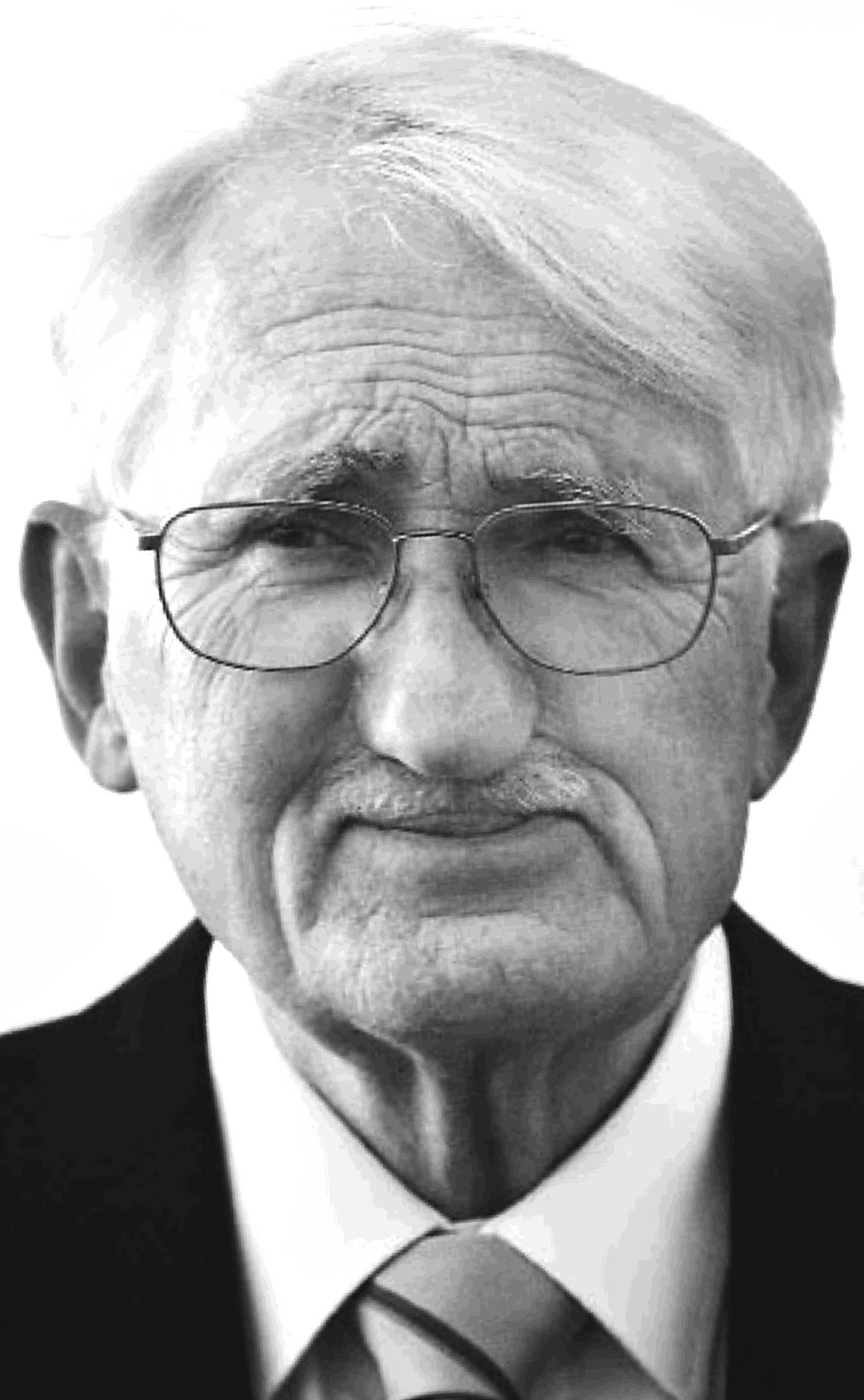Norms appearing in the form of law entitle actors to exercise their rights or liberties. However, one cannot determine which of these laws are legitimate simply by looking at the form of individual rights. Only by bringing in the discourse principle can one show that each person is owed a right to the greatest possible measure of equal liberties that are mutually compatible.
—Between Facts and Norms (1996)






